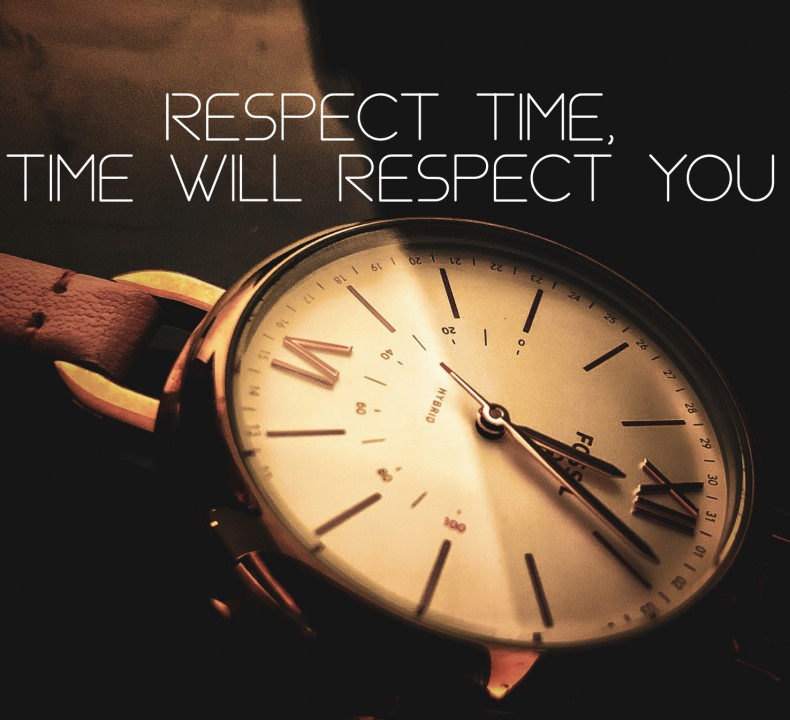Your Diabetes Didn’t Start With Sugar – It Started With Your Dinner TimeWhy Late Meals, Skipped Breakfasts, and Mindless Snacking Are Worse Than a Sweet Tooth
- Dr Rakesh VG
- Jul 4, 2025
- 3 min read
By Dr Rakesh Ayureshmi, Ayureshmi Ayurveda Wellness Centre, Kollam, Kerala, India
You didn’t get diabetes because you loved gulab jamuns.
You got it because you ate them after 10 p.m. on an empty stomach, skipped breakfast the next day, and snacked mindlessly while checking your phone.
We’ve wrongly demonized sugar while ignoring the real disruptor: our broken meal timings. In both Ayurveda and modern science, the when of eating matters just as much as the what. And yet, our urban lifestyle has turned food into a 24/7 activity — with disastrous metabolic consequences.
It’s Not the Sugar — It’s the Clock
While sugar intake certainly plays a role in type 2 diabetes, Ayurveda points deeper — toward agni (digestive fire), dinacharya (daily rhythm), and kalabhojanam (timely eating). When these are disrupted, even healthy foods become toxic.
Modern science now echoes this wisdom through the field of chrononutrition — the study of how eating time affects metabolism. Studies reveal that eating the same meal at night vs. day leads to drastically different glucose responses.¹
“Our body’s insulin sensitivity peaks in the morning and gradually declines by evening.”
— Dr. Frank Scheer, Harvard Medical School²
That means your 8 a.m. idli is medicine. Your 10 p.m. idli is poison.
The Forgotten Wisdom of Agni and Meal Timing
In Ayurveda, agni is the metabolic power that governs digestion, absorption, and transformation of food into energy. It aligns with the sun's rhythm — strongest at midday (pitta kala), weak in the early morning, and almost dormant late at night.
Late-night dinners suppress agni, leading to ama (toxic undigested residue), which blocks channels (srotas), disturbs meda dhatu (fat tissue), and eventually manifests as prameha (diabetes mellitus).³
Skipping breakfast weakens agni further, while frequent snacking prevents proper digestion cycles, leaving the gut confused and inflamed.
The result? A metabolic storm hidden behind normal sugar levels… until it’s too late.
The Science Backs It Up
Let’s look at some key research that mirrors this Ayurvedic insight:
Late-night eating increases diabetes risk by 55%, according to a 2020 French study tracking over 100,000 people.
Time-restricted eating (like eating between 8 am–6 pm) improves insulin sensitivity and reduces HbA1c in prediabetic adults.
A study in Diabetologia found that skipping breakfast increases post-lunch glucose spikes by 37%.
Constant snacking was found to increase insulin levels throughout the day, pushing the body into a permanent “fed state,” which over time causes **insulin resistance.
Ayurveda warned us centuries ago — digestion needs rest, rhythm, and respect.
Why Modern Eating Habits Create a Perfect Storm
Let’s break the pattern most urban people follow:
Wake up late → skip breakfast (kapha time = sluggish metabolism)
Rush through lunch or eat late (missing the pitta window)
Dinner post 9 pm → when agni is weakest
Late-night snacking → while scrolling reels or binging Netflix
Sleep past midnight → disturbing melatonin, cortisol, and insulin cycles
This isn’t just “bad eating.” It’s an assault on our biological rhythm. The pancreas, liver, gut, and even our gut microbes follow a clock — and when that’s broken, metabolic disorders follow.
Ayurveda calls it vishama agni — erratic digestion leading to dosha vitiation and dhatu imbalance.
How to Rewire Your Food Clock – Ayurvedic Guidelines
Here’s what you can do to bring your metabolism back in rhythm:
1. Breakfast by 8:30 AM
Light but nourishing: fruits, millets, warm water, ghee.
2. Lunch by 12:30 PM (Main Meal)
This is your pitta window. Include wholesome grains, pulses, and cooked vegetables. Eat calmly.
3. Avoid Snacks Post 4 PM
Instead, sip warm ginger tea or buttermilk. Allow digestion to rest.
4. Dinner by Sunset (or before 7:30 PM)
Light, soupy, and easy to digest. Avoid rice, sugar, and heavy proteins.
5. Never Eat After 8 PM
After this, the body switches into repair mode. Eating confuses this natural detox rhythm.
A Final Insight: Blood Sugar Is a Late Symptom
Diabetes doesn’t begin with a lab report. It begins years earlier — with poor lifestyle habits that accumulate silently.
So before you blame the sweet shop, look at your watch.
Conclusion: Healing Begins With Respecting Time
We don’t need new pills. We need old wisdom.
By realigning your meals with your internal clock, you can reverse early-stage diabetes, improve energy, stabilize mood, and even lose weight — without giving up all your favorite foods.
Food eaten at the wrong time becomes poison. Food eaten at the right time becomes medicine.
So, what time is your next meal?
You didn’t get diabetes because of sweets. You got it because you ate late
Ayurveda and science agree: Late dinners, skipped breakfasts, and constant snacking destroy metabolism more than sugar ever could.







Comments